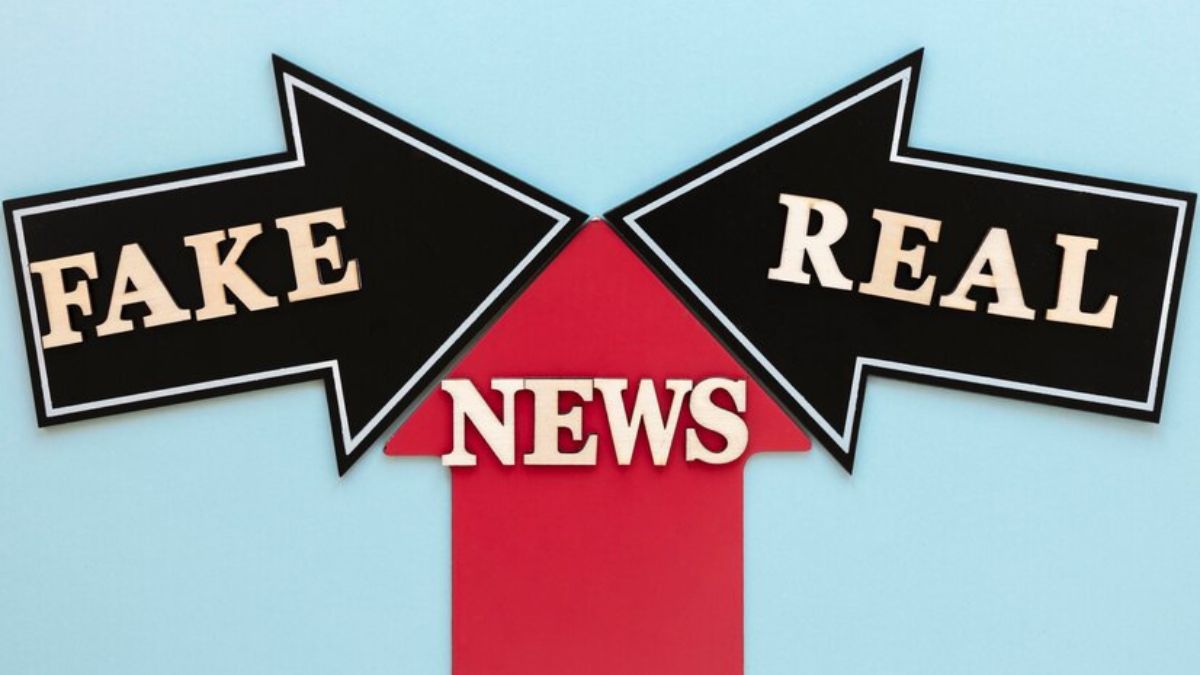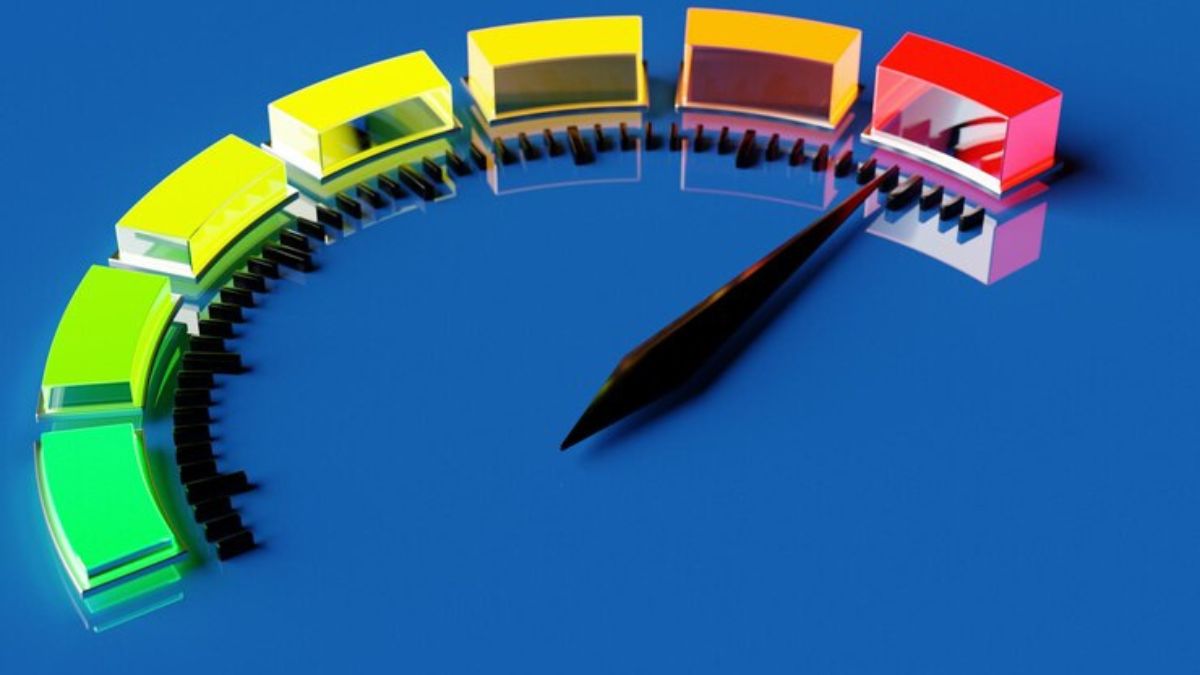In a world overflowing with information, it can be challenging to sift through the noise and find credible news sources. Enter alternative news outlets like Before Its News, which promise unique perspectives on current events. But as appealing as these platforms may seem, they often walk a fine line between fact and fiction. With captivating headlines that draw readers in, many are left wondering where to turn for trustworthy information. As we navigate this digital landscape filled with conspiracy theories and sensational claims, it’s essential to understand what’s at stake when relying on such sources. Let’s dive deeper into the allure of alternative news and unravel the complexities behind them.
What is
Before Its News is a platform that allows users to share news articles, opinions, and alternative viewpoints. Unlike traditional media outlets, it operates primarily on user-generated content.
This site covers a wide array of topics, from politics to health and conspiracy theories. It thrives on the notion of free speech and providing a voice for stories often overlooked by mainstream sources.
However, this openness comes with significant drawbacks. The quality of information can vary greatly since anyone can publish without rigorous fact-checking or editorial oversight. This absence raises questions about credibility and accuracy.
Engagement with Before Its News means navigating through unverified claims alongside legitimate discussions. Users must remain vigilant when consuming content here as misinformation may lurk behind intriguing headlines or sensational narratives.
The appeal of alternative news and conspiracy theories
Alternative news sources often attract attention due to their promise of uncovering hidden truths. Many people feel disillusioned with mainstream media, believing it fails to represent their views or interests.
This dissatisfaction creates a fertile ground for conspiracy theories. They offer simple explanations to complex problems and tap into feelings of uncertainty in society. The allure lies in the sense of belonging they provide; followers bond over shared beliefs.
Moreover, alternative news can evoke emotional responses that traditional outlets may not capture. Stories laden with drama or sensationalism draw readers in and keep them engaged.
The thrill of discovering “the truth” feels empowering amid an overwhelming flood of information. For some, this journey becomes a critical part of their identity as they seek out narratives that resonate on a personal level.
The dangers of relying solely on Before Its News for information
Relying exclusively on Before Its News can lead to a distorted view of reality. This platform often features unverified stories and sensational claims that may lack credible sources.
The absence of rigorous fact-checking means misinformation can spread like wildfire. Readers might find themselves believing narratives that have no basis in truth, which can shape opinions based on falsehoods.
Moreover, this creates an echo chamber effect. When everyone shares similar dubious information, it discourages critical thinking and healthy debate. The result? A skewed understanding of important issues affecting society.
In the age of digital media, being selective about your information sources is crucial. An unchecked reliance on one outlet not only misinforms but also hinders personal growth and informed decision-making in our increasingly complex world.
How to fact-check and verify information found on Before Its News
Fact-checking information from Before Its News requires a proactive approach. Start by cross-referencing claims with reputable sources. Major news outlets or academic institutions can provide reliable insights.
Use fact-checking websites like Snopes or FactCheck.org to verify specific allegations. These platforms specialize in debunking myths and false narratives, making them invaluable.
Look for primary sources when possible. If an article references studies or reports, track down the original documents to assess their credibility directly.
Engage with community discussions on trusted forums or social media groups focused on critical analysis of news stories. This can expose you to different perspectives and highlight potential misinformation.
Trust your instincts—if something sounds outrageous or too sensationalized, it’s worth digging deeper before accepting it as truth.
The impact of fake news on society
Fake news has woven itself into the fabric of our daily lives, subtly shaping opinions and beliefs. Its spread is fueled by social media platforms, where sensational headlines often capture more attention than factual reporting.
This phenomenon can lead to widespread misinformation. When individuals consume false narratives without question, it creates a distorted reality that affects decision-making on various levels—from personal choices to political actions.
Moreover, fake news breeds distrust in legitimate sources. People become skeptical of traditional journalism when they encounter conflicting reports. This skepticism can erode societal norms around truth and accountability.
In communities divided by differing beliefs shaped by misinformation, unity becomes elusive. The impact ripples outwards, affecting relationships and fostering division among friends and families who find themselves on opposing sides of fabricated stories.
Conclusion: Being a critical consumer of media in the digital age
Navigating the media landscape today demands a critical eye and an open mind. With platforms like Before Its News gaining traction, it’s essential to approach information with caution. While alternative news sources can provide fresh perspectives, they often lack the rigorous fact-checking present in traditional journalism.
Understanding your own biases is key. Engaging with diverse viewpoints enriches your knowledge but also requires discernment about what you choose to believe and share. Always consider the origins of a story, who benefits from its dissemination, and whether credible evidence supports it.
As misinformation spreads faster than ever through social media channels, individuals must take responsibility for their consumption habits. Fact-checking should become second nature; tools are readily available online to verify claims before accepting them as truth.
Becoming a better consumer of media means actively questioning the narratives fed to us daily. It encourages thoughtful discussions while promoting a culture where accountability is valued over sensationalism. As we move forward in this digital age, let’s prioritize accuracy alongside our thirst for information.










